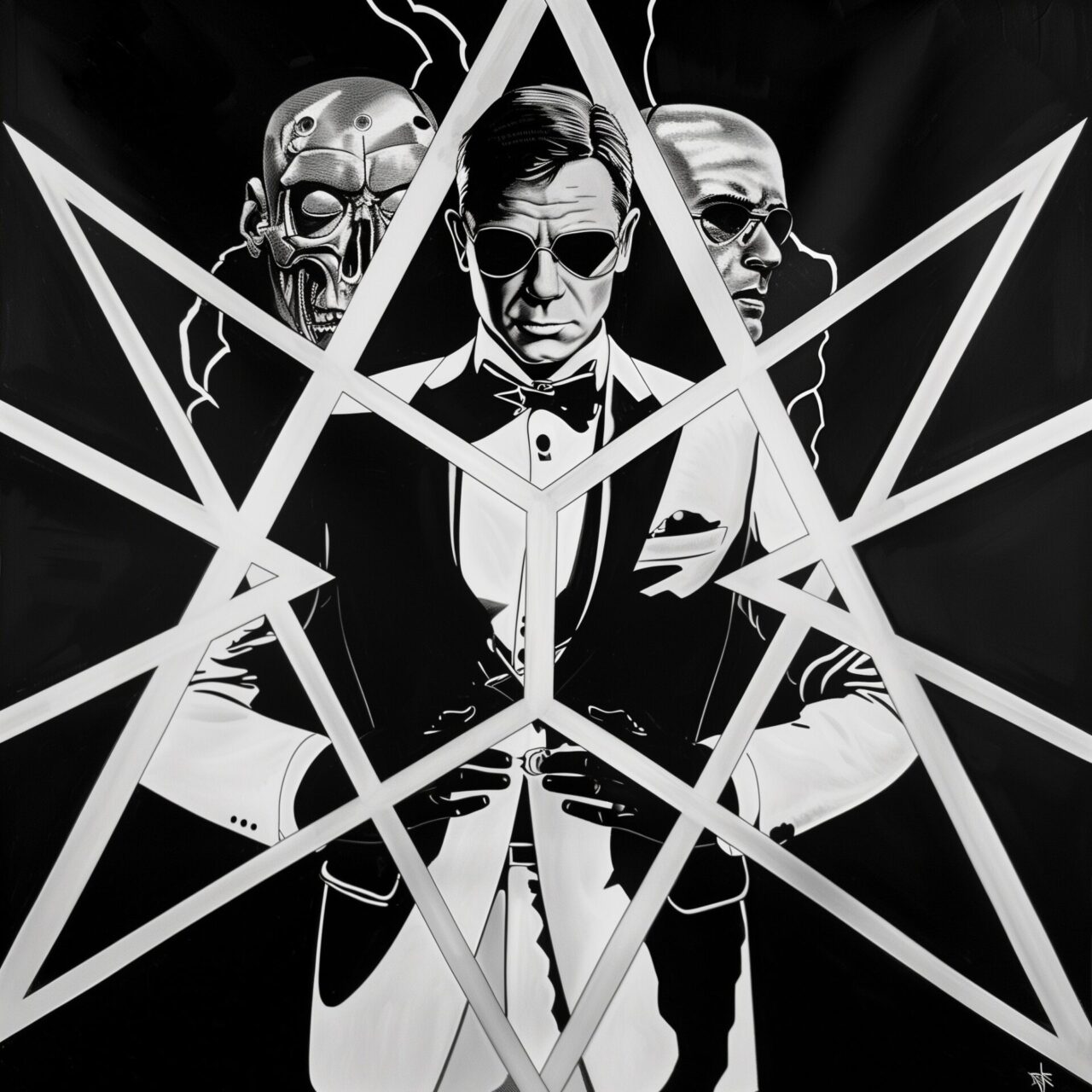
James Bond’s adversary
The world of British super agent James Bond is not only known for its exotic locations and futuristic gadgets, but also for its charismatic and often villainous antagonists. Each Bond villain brings with them their own dark vision and ambitious plans that, had they not been thwarted by Bond, would have changed the face of the world. In this article, we delve into the world of these iconic antagonists and speculate on the possible consequences of their undisturbed machinations.
The Early Years: Classic Threats
In the early Bond films, the villains’ plans were often heavily influenced by the Cold War. Take Auric Goldfinger from the eponymous film “Goldfinger” (1964), who planned to contaminate the gold in Fort Knox in order to increase the value of his own gold. If Bond had not stopped him, this could have led to a global economic crisis, with massive inflation and possibly a collapse of Western financial systems.
The era of the megalomaniacs
As the series progressed, more and more megalomaniac villains appeared on the scene. A notable example is Karl Stromberg from “The Spy Who Loved Me” (1977), who wanted to destroy the world in order to found a new civilisation under the sea. Had Bond not intervened, this would have meant the end of humanity as we know it and the beginning of a utopian but questionable underwater world.
Technological threats and the modern age
In more recent films, the antagonists’ plans are often linked to advanced technology and cyber threats. Take Raoul Silva from ‘Skyfall’ (2012), who sought personal revenge on M through cyber terrorism, almost destroying MI6 from within. Without Bond’s intervention, this would not only have meant the end of the British secret service, but also a serious blow to global security.
World domination
Almost every Bond villain plays in some way with the idea of world domination or at least significantly influencing the world order. A prime example is Ernst Stavro Blofeld, who appears in various films and whose plans range from establishing global surveillance to starting a world war. The realisation of his plans would have conjured up a dystopian world order in which freedom and privacy would be foreign words.
The James Bond villains are more than just a collection of stereotypes; they are a window into the fears and perceptions of their respective eras. Their defeats at the hands of Bond provide not only thrilling entertainment, but also a kind of psychological outlet: they allow us to play out the “what if” scenarios in which evil triumphs, strangely reinforcing our confidence in the stability and resilience of our own world. In an era where reality sometimes seems stranger than fiction, the Bond films offer a welcome escape into a world where we can be sure that the hero will always triumph in the end.



